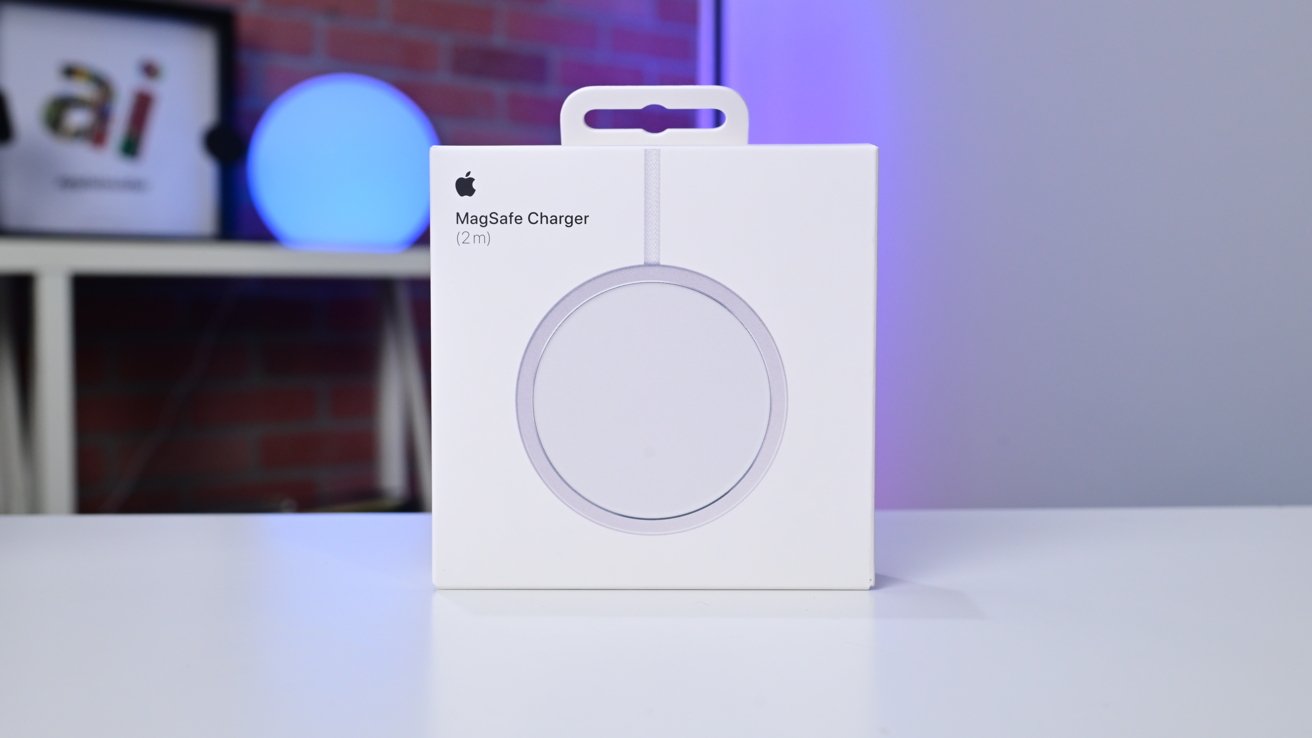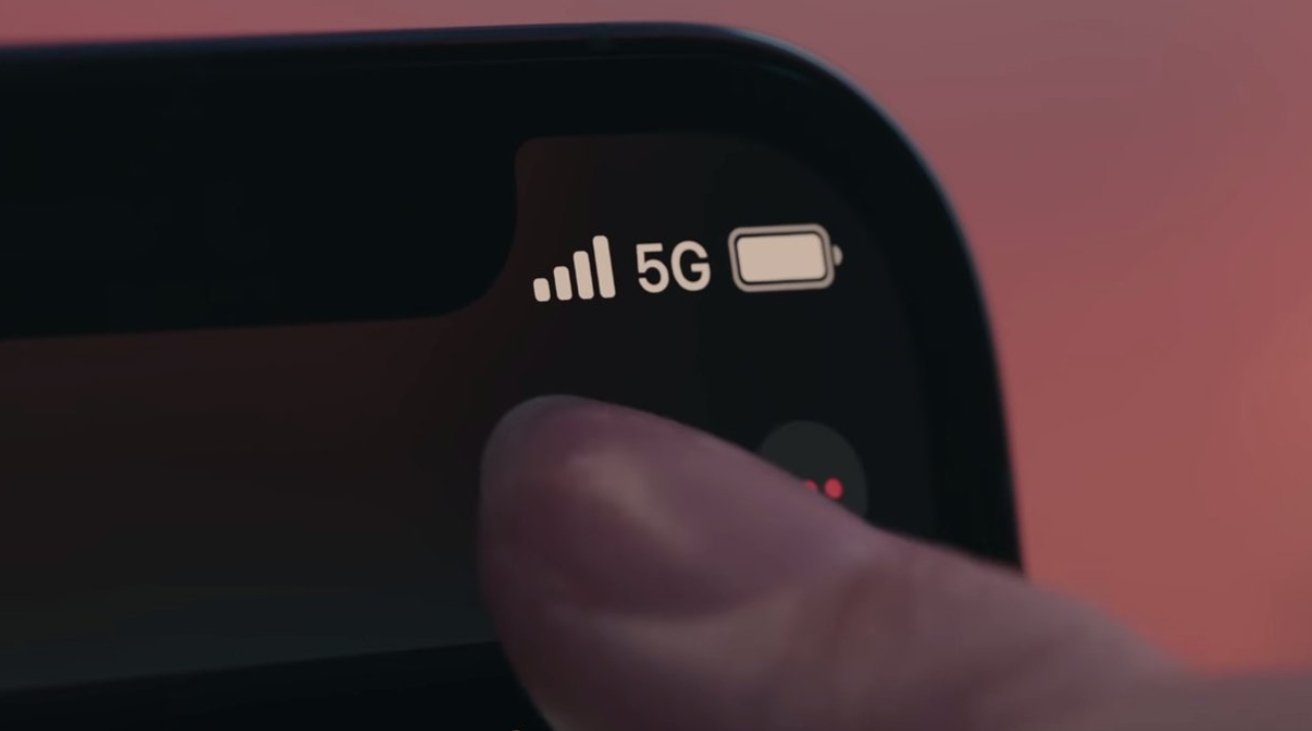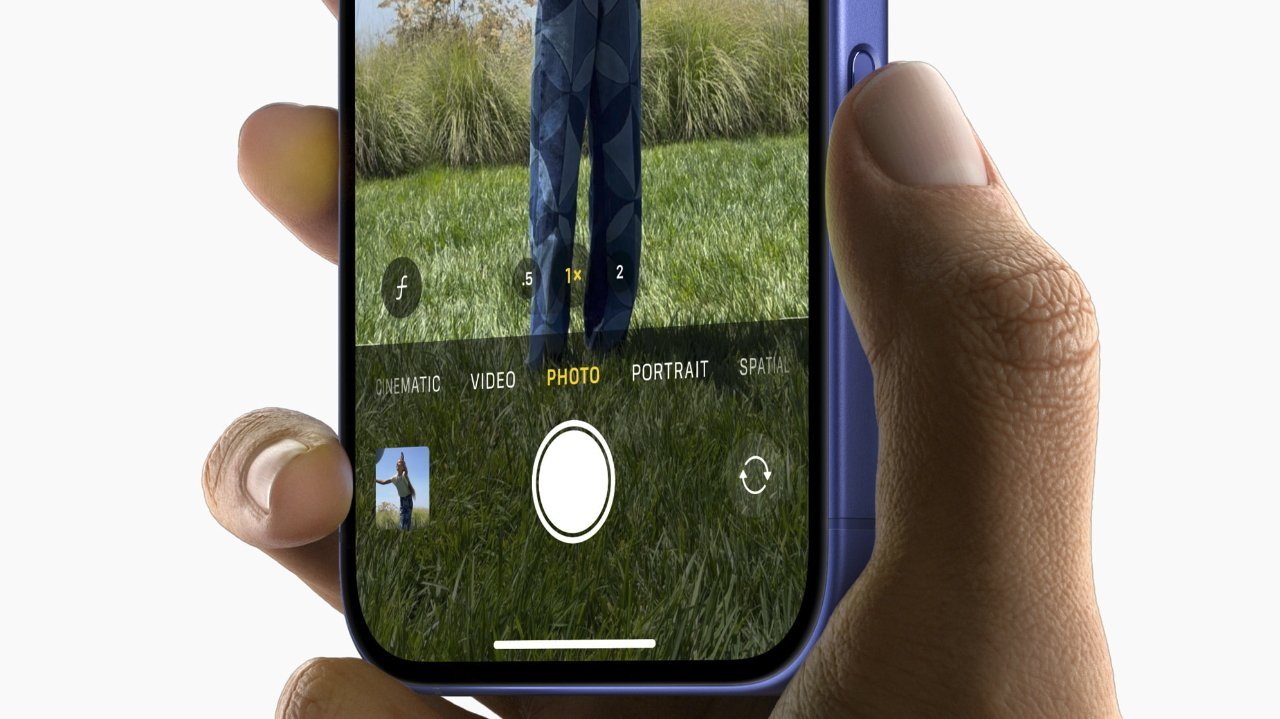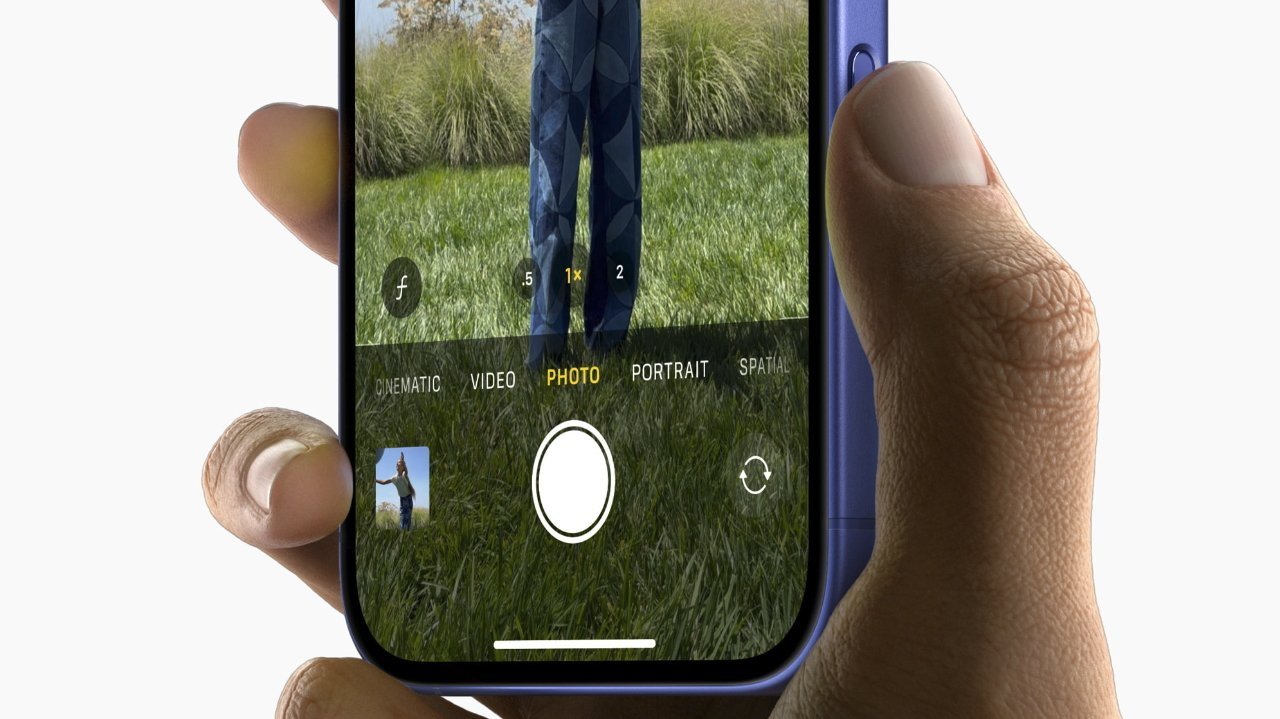Using Polars with NVIDIA GPU can speed up your data pipelines
Originally appeared here:
Polars + NVIDIA GPU Tutorial
Using Polars with NVIDIA GPU can speed up your data pipelines
Originally appeared here:
Polars + NVIDIA GPU Tutorial


Originally appeared here:
Integrate Amazon Bedrock Knowledge Bases with Microsoft SharePoint as a data source



Each of the deals below can be activated with promo code APINSIDER at Apple Authorized Reseller Adorama. With the monitors already on sale via instant rebates, the savings deliver up to $200 off when stacked with the coupon code. The discounted prices are also the lowest on record for the wide range of models.



MagSafe is Apple’s proprietary charging technology that magnetically connects to the rear of your compatible iPhone, encompassing the iPhone 12 and later. It’s similar to Qi2, which is based on Apple’s technology.
The biggest change is that the charger itself supports 25W of power compared to only 15W before. But we were curious if anything else changed.



It’s been previously reported that the Apple-built 5G modem would come in 2025. Whenever it comes, the modem will replace the Qualcomm ones that Apple currently buys in.
According to Digitimes Asia, the Apple modem will appear first in the forthcoming iPhone SE 4 — and then in select models of the iPhone 17 range. Although the report does not specify which models, it’s almost certainly going to be the regular editions, instead of the Pro ones.



The touch screen wasn’t invented with the iPhone, but Apple did make it ubiquitous. Potentially as significant as the multitouch feature of the iPhone’s front screen, though, is Apple’s plan to add touch sensitivity to very side and edge of the device.
Newly-granted patent, “Electronic Devices With Display And Touch Sensor Structures,” concerns a desire to make it convenient to tap, swipe or otherwise touch an iPhone to control it. However, it also includes some detail on how this could be achieved even if the iPhone is some future folding or curved one.
Go Here to Read this Fast! Folding iPhone may be touch sensitive all over
Originally appeared here:
Folding iPhone may be touch sensitive all over



Principal filming of “28 Years Later,” a continuation of the “28 Days Later” franchise, took place over the summer. But while filming was largely guarded with secrecy, one about how it was filmed has leaked out.
Multiple people familiar with the production confirmed to Wired that the iPhone 15 Pro Max was used by director Boyle and cinematographer Anthony Dod Mantle.
Go Here to Read this Fast! If you have these Anker accessories, stop using them immediately
Originally appeared here:
If you have these Anker accessories, stop using them immediately
Google is rolling out a really useful update for Google Password Manager, allowing users to sync passkeys across their many devices. Up until this point, folks could only save passkeys to Google Password Manager on Android, so the cross-device utility was limited. It was possible to use the passkeys on other devices, but it would require users to scan a QR code.
The update allows for passkey saving via Google Password Manager on Windows, macOS, Linux and, of course, Android. ChromeOS is currently being beta tested, so that functionality should come sooner rather than later. Google also says that iOS support is “coming soon.”
Once saved, the passkey automatically syncs across other devices using Google Password Manager. The company says this data is end-to-end encrypted, so it’ll be pretty tough for someone to go in and steal credentials.
For the uninitiated, a passkey is slightly different from a password. A passkey is a digital credential that allows users to sign in to an account without using a password. The company’s been using passkeys across its software suite since last year.
Today’s update also brings another layer of security to passkeys on Google Password Manager. The company has introduced a six-digit PIN that will be required when using passkeys on a new device. This would likely stop nefarious actors from logging into an account even if they’ve somehow gotten ahold of the digital credentials. Just don’t leave the PIN number laying on a sheet of paper directly next to the computer.
Google passkeys can already be used with the company’s productivity software, of course, but also with Amazon, PayPal and WhatsApp. Google Password Manager is built right into Chrome and Android devices.
This article originally appeared on Engadget at https://www.engadget.com/apps/google-passkeys-can-now-sync-across-devices-on-multiple-platforms-160056596.html?src=rss
Go Here to Read this Fast! Google passkeys can now sync across devices on multiple platforms
Originally appeared here:
Google passkeys can now sync across devices on multiple platforms
The FTC just published results of a sweeping study of social media sites that has been going on for four years. The organization said that many social media sites and streaming services engage in “vast surveillance of consumers in order to monetize their personal information.” This mass surveillance impacts adult users, but also children and teens.
This isn’t exactly surprising. After all, the old saying goes “if you’re not paying for the product, you are the product.” Still, the study suggests a level of surveillance that could shock even the most cynical among us. According to the FTC, these entities collect and “indefinitely retain troves of data.” The companies also engage in “broad data sharing” with “woefully inadequate” security measures.
The report also found that some companies didn’t delete all user data in response to deletion requests. That’s not a good look. Additionally, some companies were found to be using privacy-invasive technologies like tracking pixels to “facilitate advertising to users based on preferences and interests.”
But wait, there’s more. The report found that users (and even non-users) had little or no way to opt out of how their data was used by automated systems, like algorithms, data analytics and AI. The FTC found that these companies employed “different, inconsistent and inadequate approaches to monitoring and testing the use” of these automated systems.
Finally, the report found that “social media and video streaming services didn’t adequately protect children and teens on their sites.” The study goes on to suggest that social media, and digital technology as a whole, contributes to “negative mental health impacts on young users.” This is nothing new, though some social media companies are putting tools in place to protect kids. Instagram just made it mandatory for teen accounts to include parental controls.
The FTC says that all of these issues boil down to the profit models of the big social media and streaming companies. These business models mandate the “mass collection of user data to monetize, especially through targeted advertising.” This is in “tension” with privacy concerns as, well, privacy doesn’t make money.
The study concludes that “self-regulation has been a failure.” To that end, the FTC has issued several recommendations to help solve these problems. It wants Congress to pass comprehensive privacy legislation to limit surveillance and to offer “baseline protections.” It also wants social media and streaming companies to limit data collection and data sharing with third parties.
The FTC also recommends that these companies actually delete consumer data when it’s no longer needed or upon request and to stop using invasive ad tracking technologies like pixels. It also wants these entities to address the overall lack of transparency regarding their methods. As for kids and teens, the FTC says these organizations should “recognize teens are not adults and provide them greater privacy protections.” Finally, it urges Congress to pass federal privacy legislation for teens over the age of 13.
Again, none of this information is new, but it’s pretty damning to see it all laid out this way. You can read the full report right here. The services involved in the study include X, TikTok, Reddit, Discord, Twitch, YouTube, Instagram and several others.
This article originally appeared on Engadget at https://www.engadget.com/big-tech/sweeping-ftc-study-finds-that-social-media-sites-engage-in-vast-surveillance-of-its-users-155846997.html?src=rss
Originally appeared here:
Sweeping FTC study finds that social media sites engage in ‘vast surveillance’ of its users